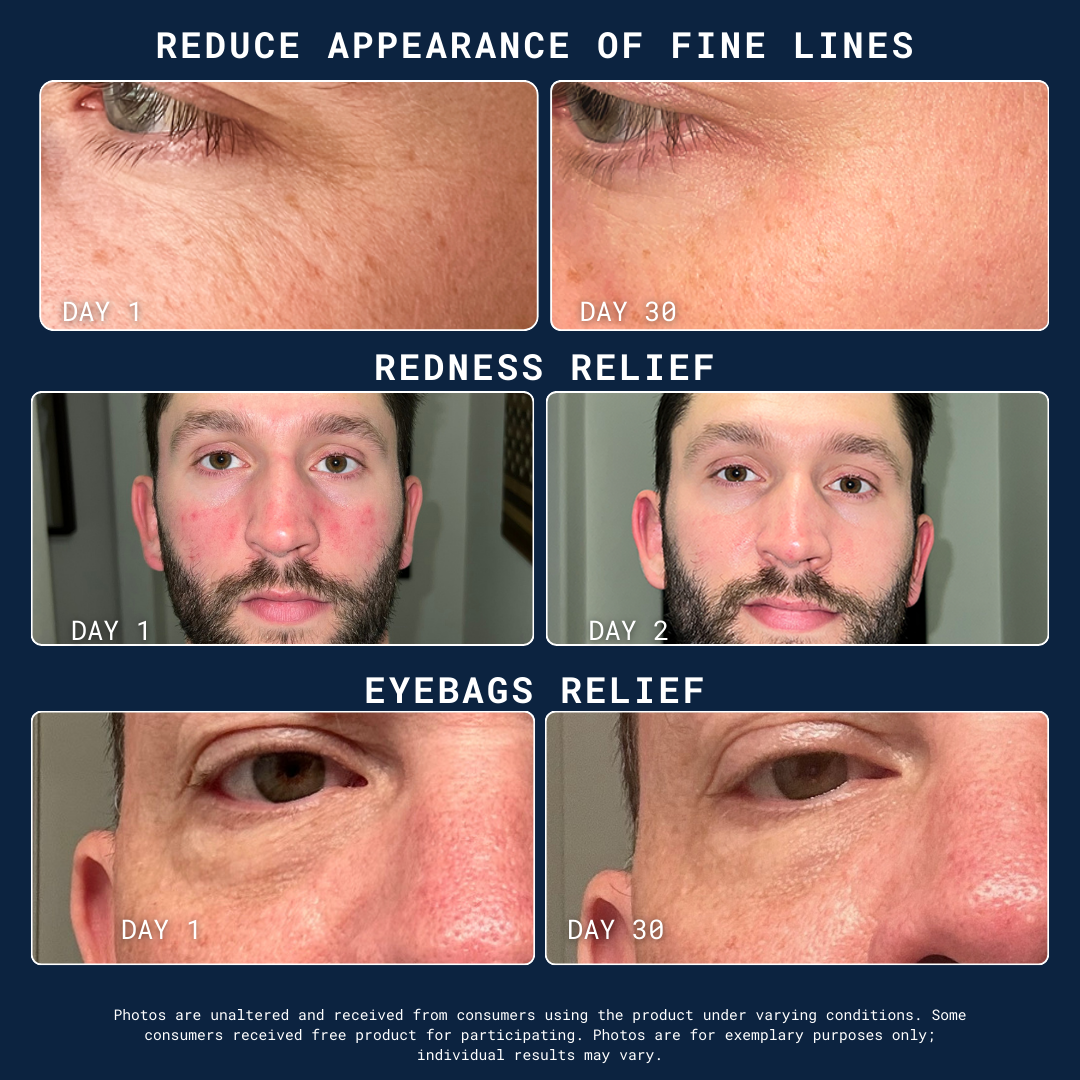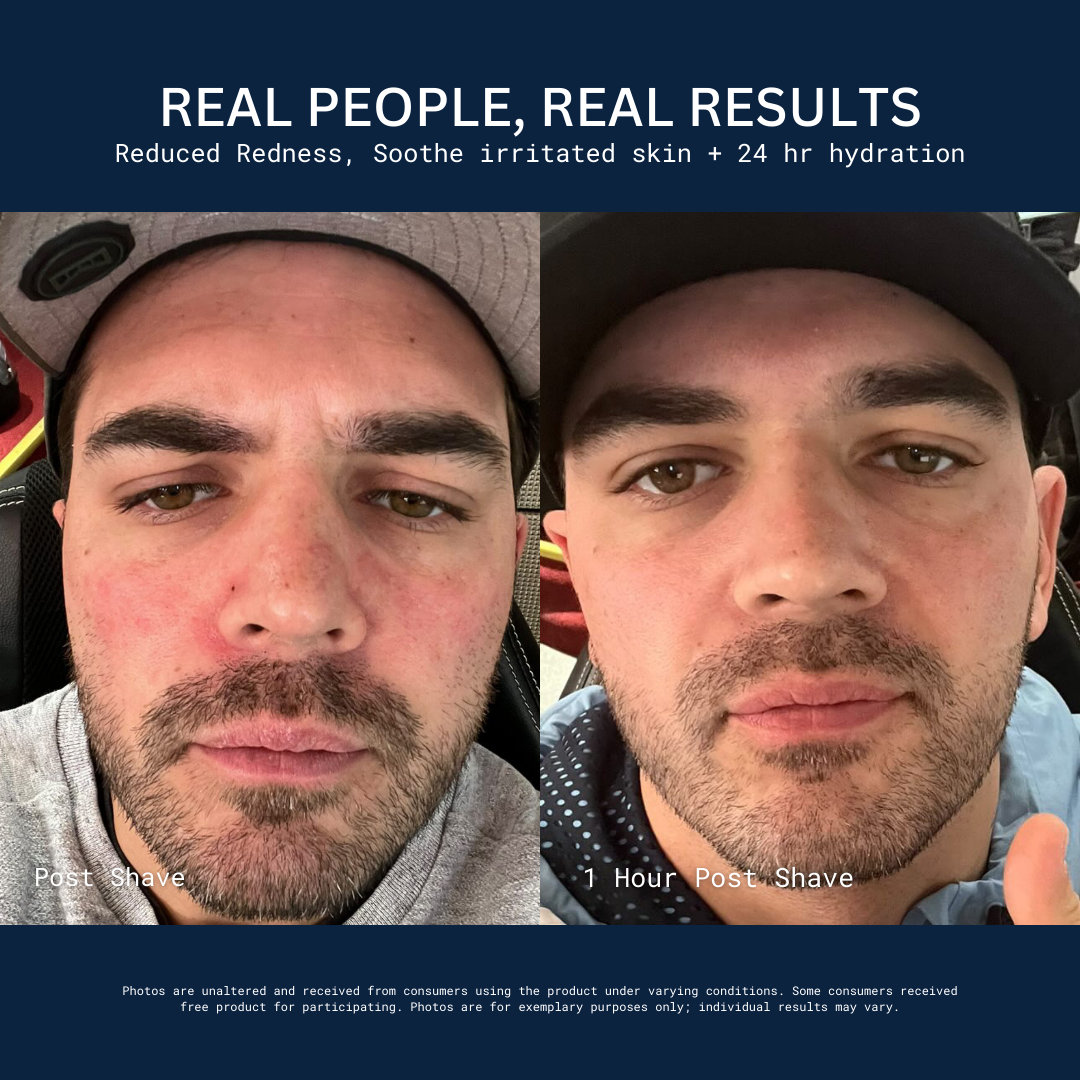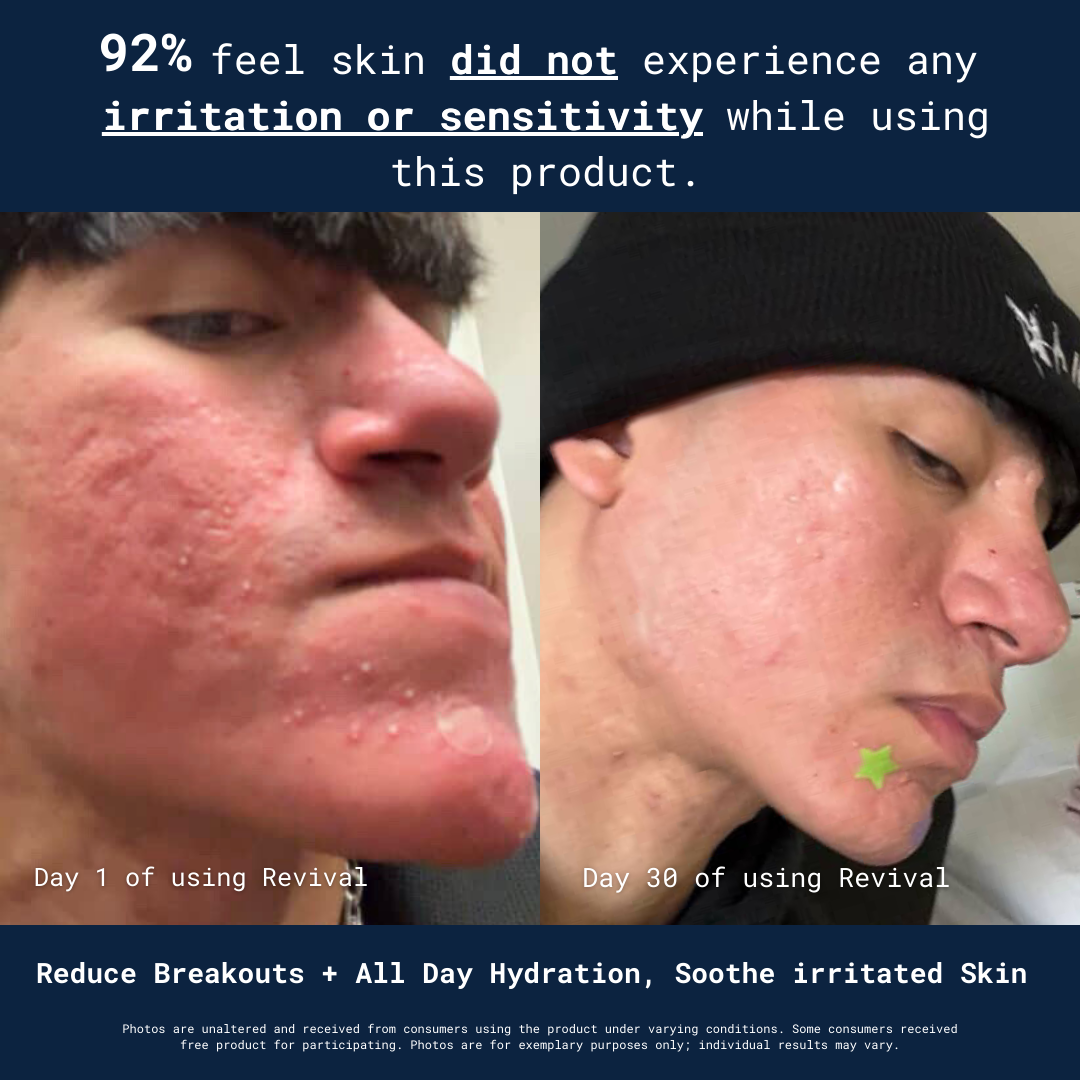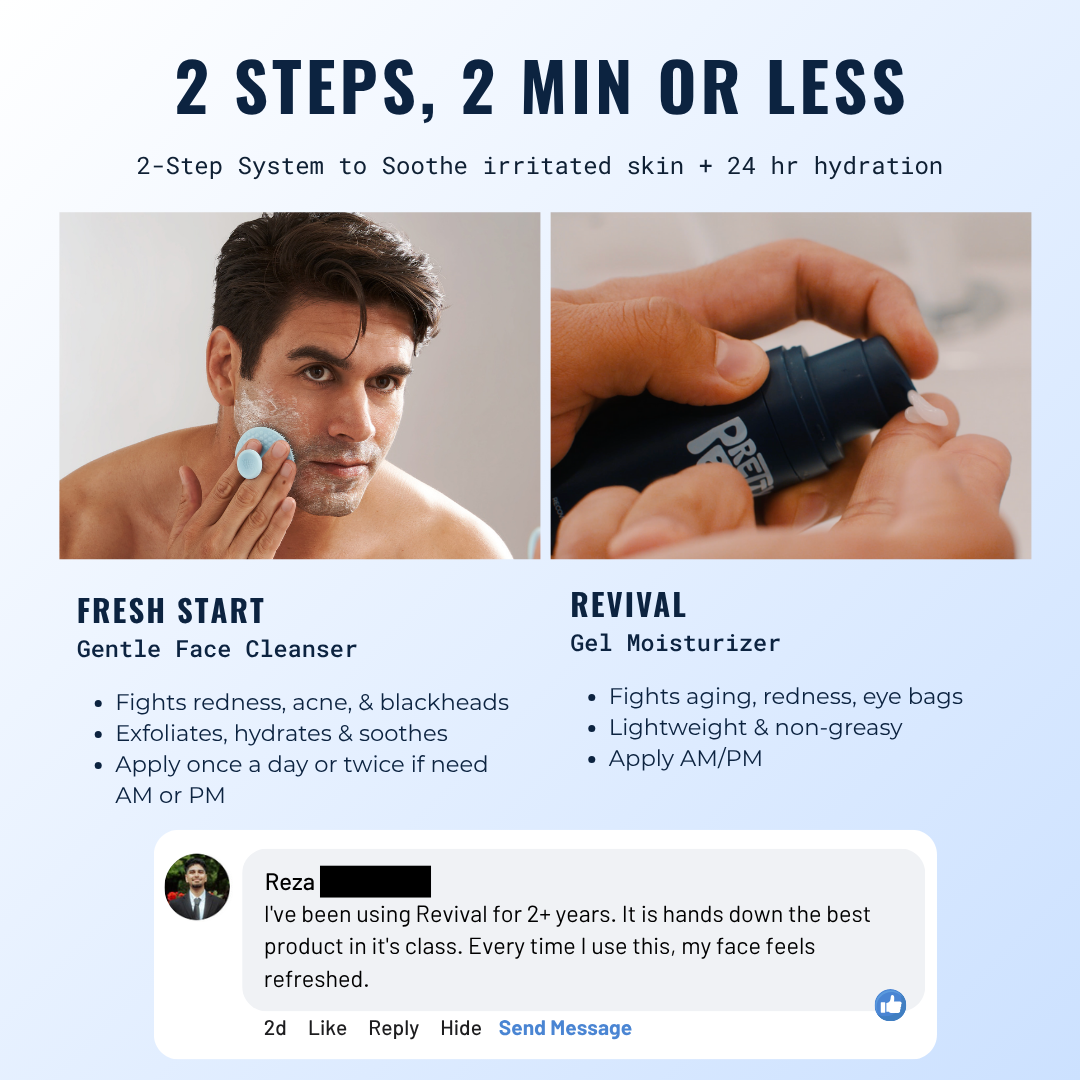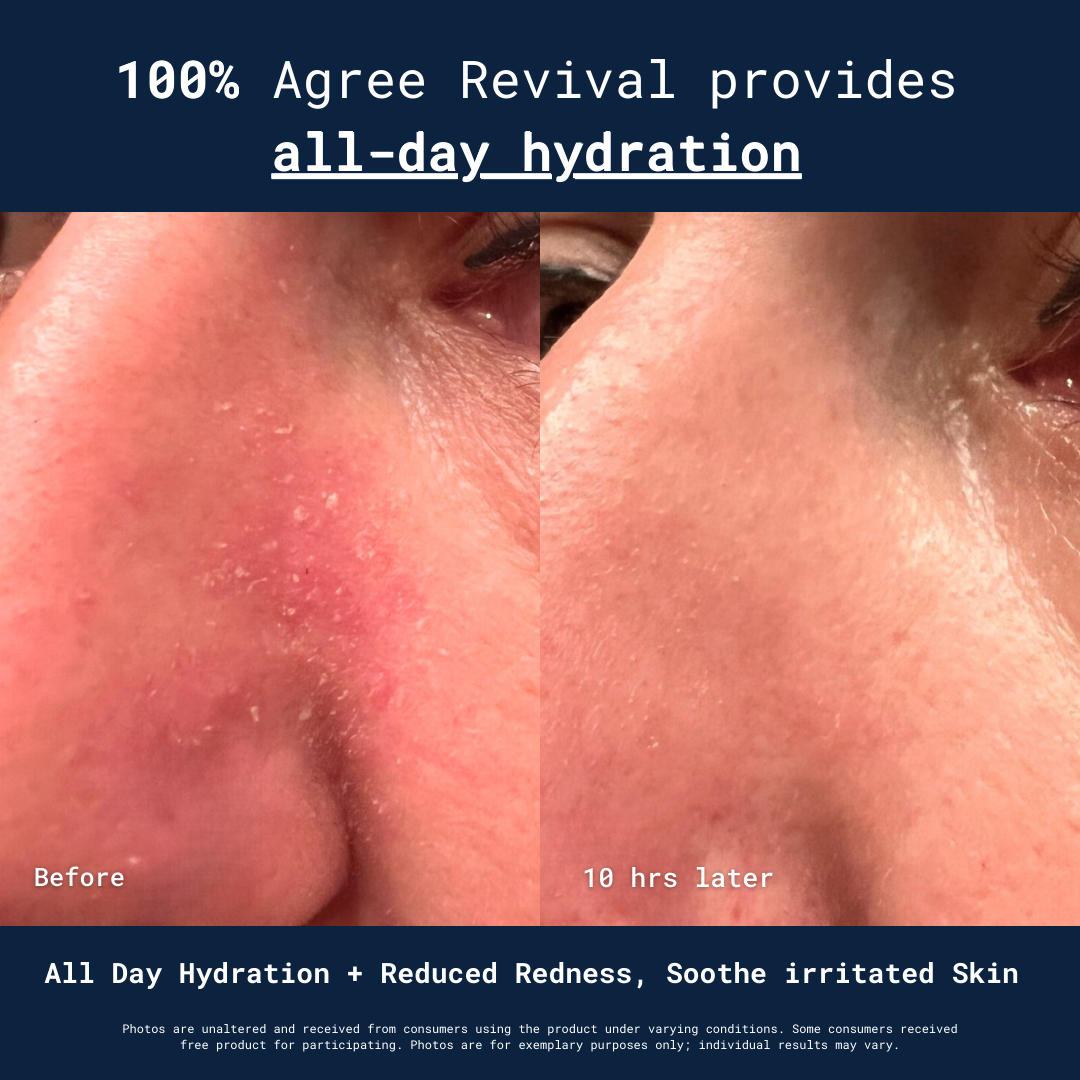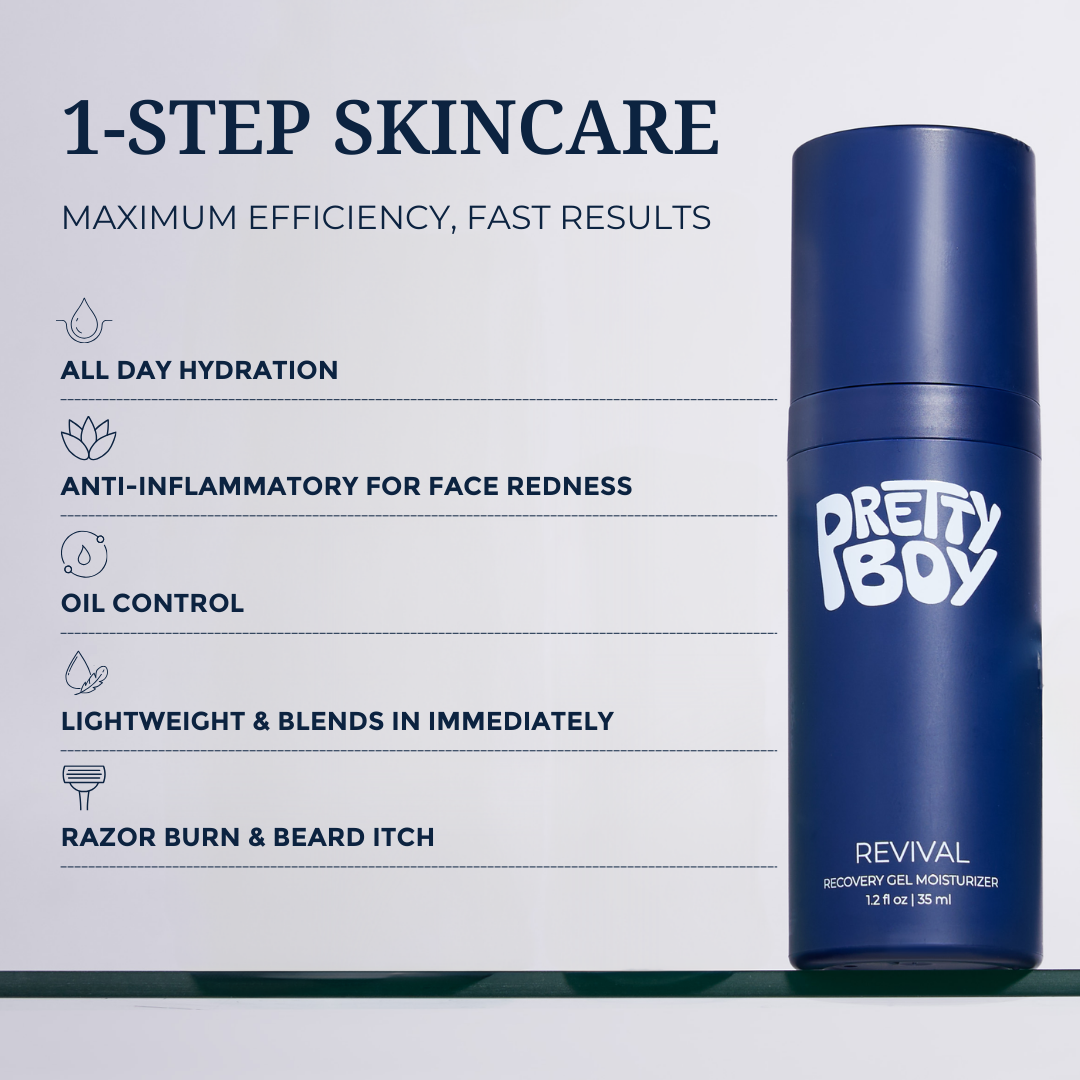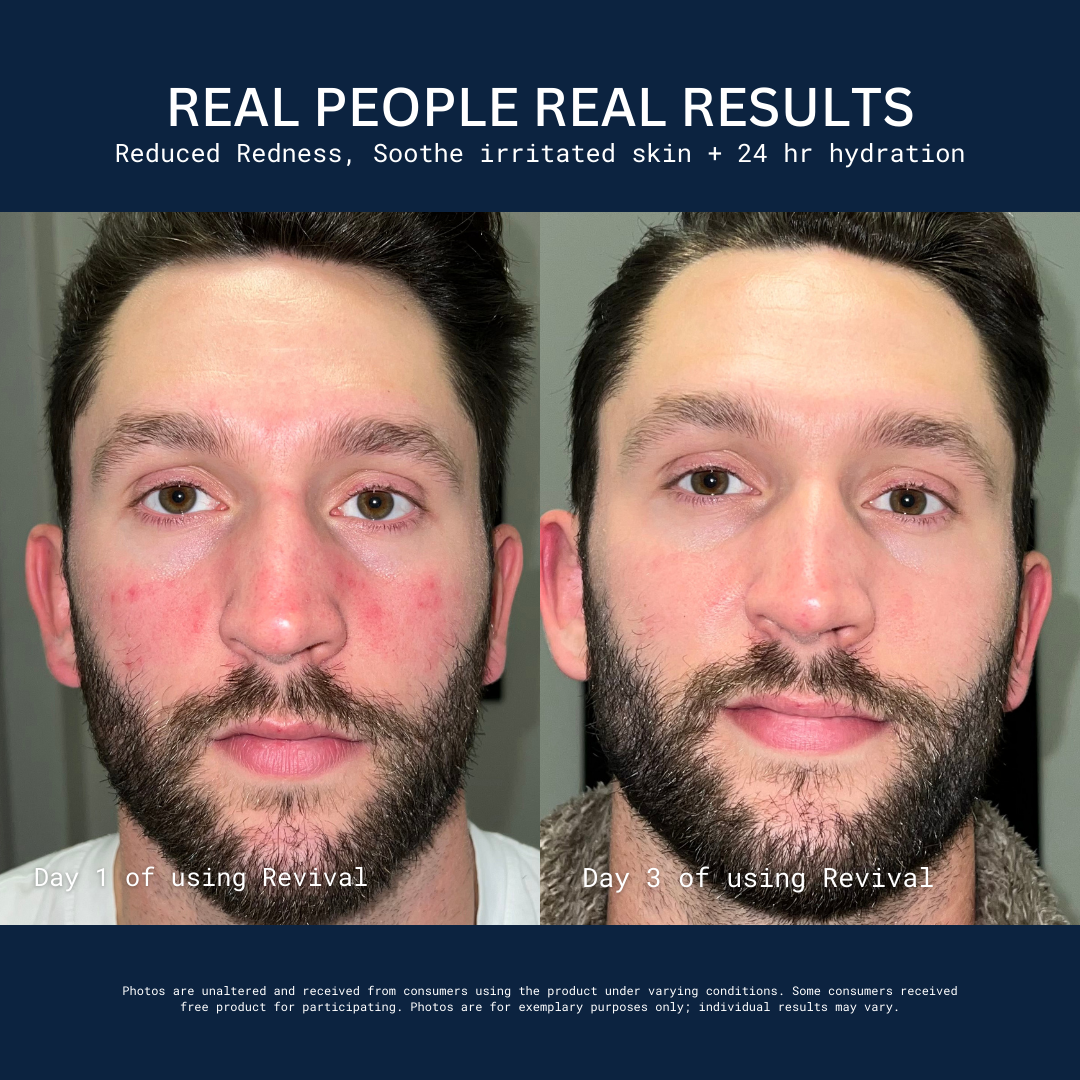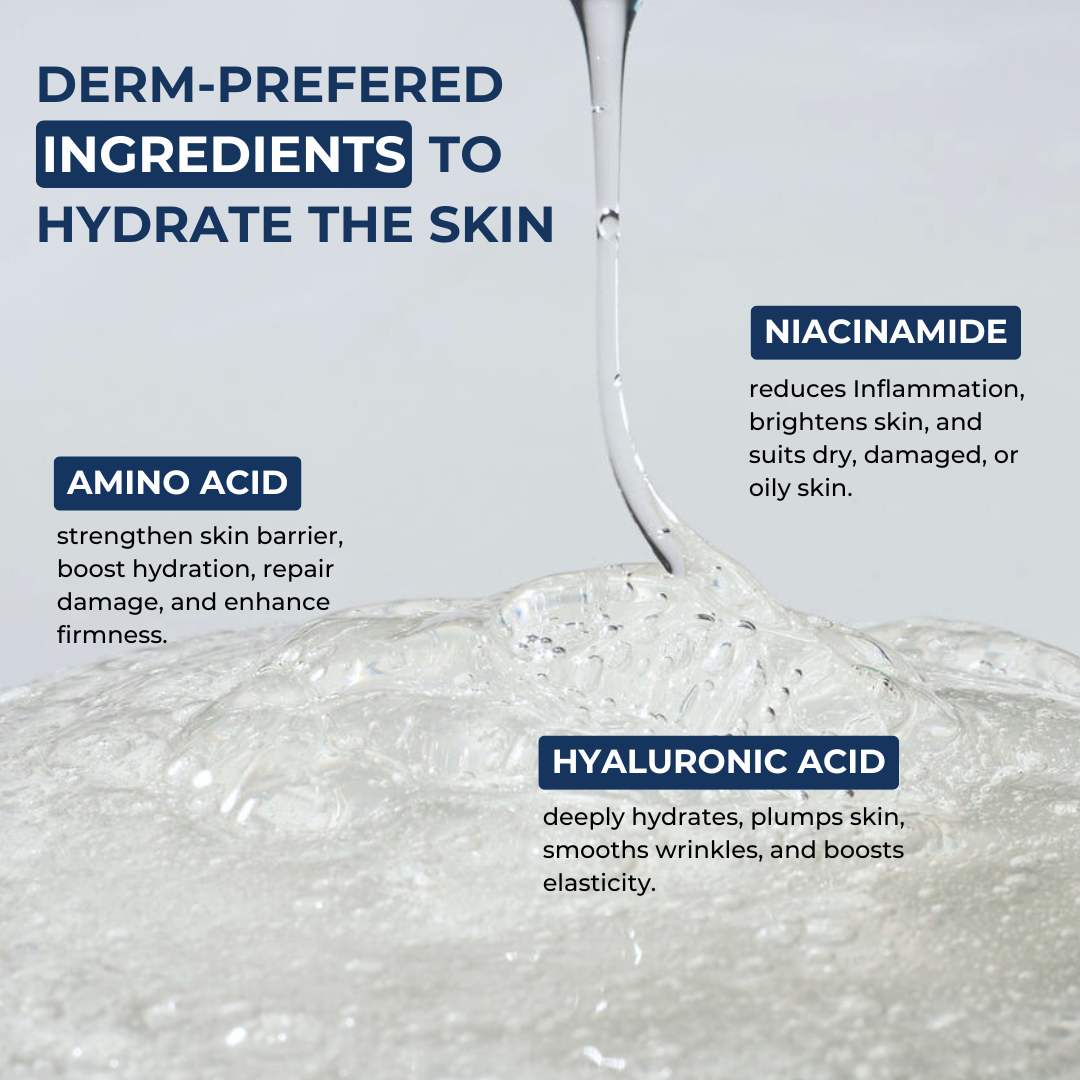Eczema is a chronic skin condition that affects millions of people worldwide. If you have dealt with it then you know it sucks. There’s nothing worse than having to deal with it and have it on display for all to see. It can be a massive hit to your self confidence. Eczema is characterized by inflammation, dryness, redness, and itching of the skin. Eczema flare-ups can be triggered by a range of factors, including environmental factors, genetics, and lifestyle choices. In this blog post, we'll explore five common causes of eczema flare-ups and provide tips to manage them.
What is Eczema?
Eczema, also known as atopic dermatitis, is a condition that causes inflammation and irritation of the skin. It is a chronic condition that can be triggered by a range of factors, including allergens, irritants, and stress. Eczema is most common in children, but it can affect people of all ages. The condition can appear on any part of the body, but it is most common on the face, neck, hands, and legs. These symptoms may come and go intermittently, with periods of relief followed by flare-ups. Everyone’s skin is different and triggers won’t be the same for everyone.
5 Causes of Eczema Flare-Ups
- Environmental Factors
Environmental factors such as heat, humidity, and cold weather can trigger eczema flare-ups. When the skin is exposed to extreme temperatures, it can become dry and itchy, which can worsen eczema symptoms. In addition, exposure to irritants such as detergents, soaps, and cleaning products can also trigger eczema flare-ups.
Tip to Manage Environmental Triggers: Avoid extreme temperatures and use mild, fragrance-free products that are gentle on the skin. Make sure to keep your skin mosituizered during the colder months.
- Allergens
Allergens are substances that trigger an allergic reaction. Common allergens that can trigger eczema flare-ups include pet dander, pollen, mold, and dust mites. When the skin comes into contact with these allergens, it can become inflamed, which can worsen eczema symptoms.
Tip to Manage Allergens: Identify the allergen that triggers your eczema symptoms and avoid exposure to it as much as possible. If you cannot avoid the allergen, take steps to minimize your exposure to it.
- Stress
Stress is a common trigger for eczema flare-ups. When we are stressed, our body releases hormones that can cause inflammation in the skin. In addition, stress can weaken our immune system, making it more difficult for our body to fight off eczema symptoms.
Tip to Manage Stress: Practice stress-reducing activities such as yoga, meditation, or deep breathing exercises. These activities can help you relax and reduce your stress levels.
- Genetics
Genetics plays a role in the development of eczema. People who have a family history of eczema are more likely to develop the condition themselves. In addition, people with a weakened immune system are more susceptible to eczema flare-ups.
Tip to manage genetics: Unfortunately, there is no cure for eczema. However, there are several treatments available that can help manage the condition. Speak to your healthcare provider about treatment options that may be suitable for you.
- Skin Barrier Dysfunction
The skin barrier plays an important role in protecting the skin from environmental factors such as irritants, allergens, and bacteria. When the skin barrier is compromised, it can lead to eczema flare-ups. Skin barrier dysfunction can be caused by a range of factors, including harsh soaps, hot water, and low humidity.
Tip to Manage Skin Barrier Dysfunction: Use gentle, fragrance-free soaps and avoid hot water when washing your skin. In addition, use a moisturizer to keep your skin hydrated and protect your skin barrier. We recommend using a moisturizer built for sensitive skin packed with soothing hydrating ingredients like Revival by PrettyBoy.
Conclusion
Eczema is a chronic skin condition that can be triggered by a range of factors. By understanding the common causes of eczema flare-ups and taking steps to manage them. We always recommend seeing your Dermatologist to find the best solution to treat.




